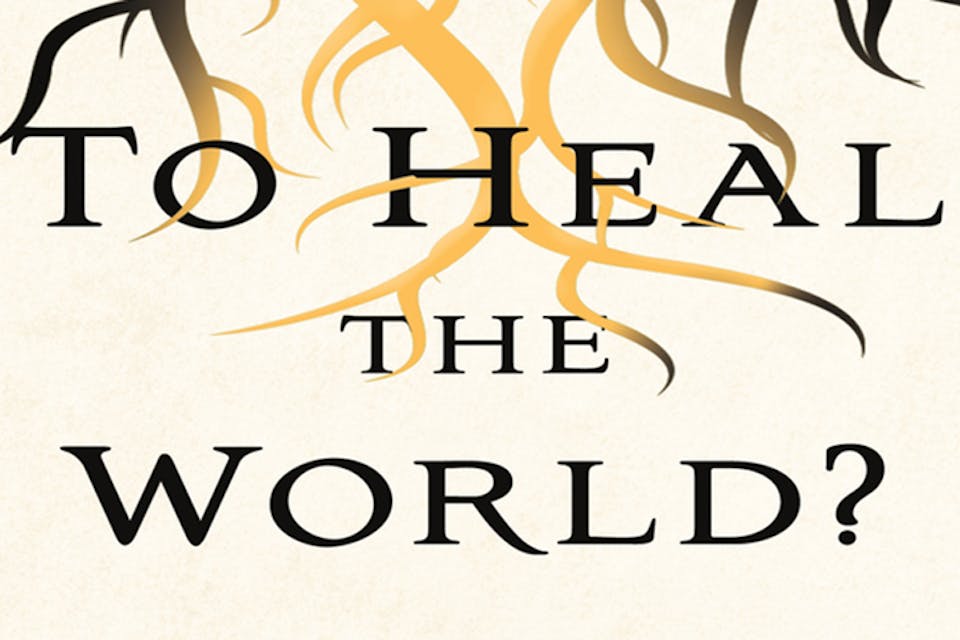
August 1, 2018
How American Jews Came to Believe That Tikkun Olam Was at the Core of Their Tradition
A new book shows the harm that ensues when religion morphs into social-justice activism.
In April 2015, even as his administration was putting the finishing touches on its now infamously failed nuclear deal with Iran, President Barack Obama recorded a Passover greeting to American Jews in which he promised that “together we can continue the hard but awesome work of tikkun olam.”
This was hardly the president’s first invocation of the Hebrew phrase as a shorthand definition of the Jewish people’s “awesome” task on earth. In repeating it, he was only reflecting back to his audience what many Jews themselves, despite the relative marginality of the term as a theological concept since its coinage two millennia ago, have come to believe is not merely compatible with but at the very core of their tradition.
Tikkun olam is often translated as “repairing [or healing] the world.” For American Jews it refers more particularly to a Judaism based on, or indistinguishable from, social-justice activism and left-liberal politics. Found nowhere in the Bible, the phrase appears in rabbinic and kabbalistic literature as a rather technical term with meanings having little or nothing to do with partisan politics, let alone with the “world.” And yet, as Jonathan Neumann writes in his new book, To Heal the World?: How the Jewish Left Corrupts Judaism and Endangers Israel, tikkun olam is